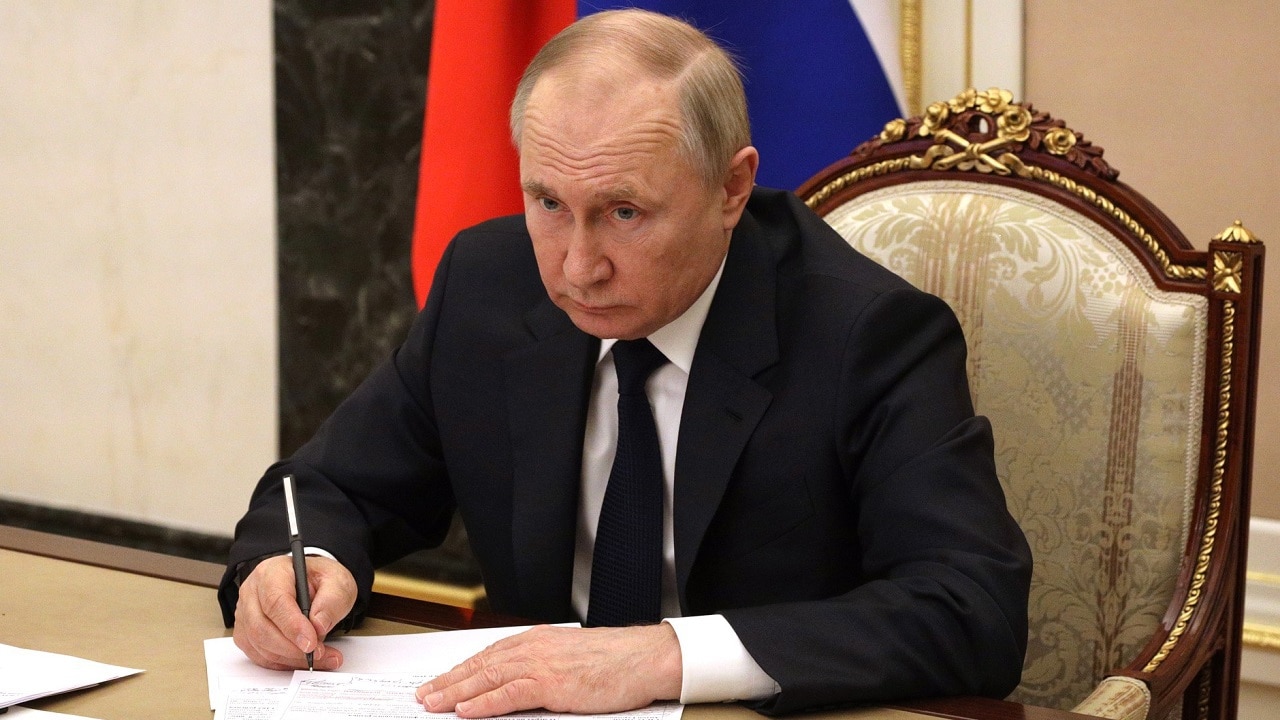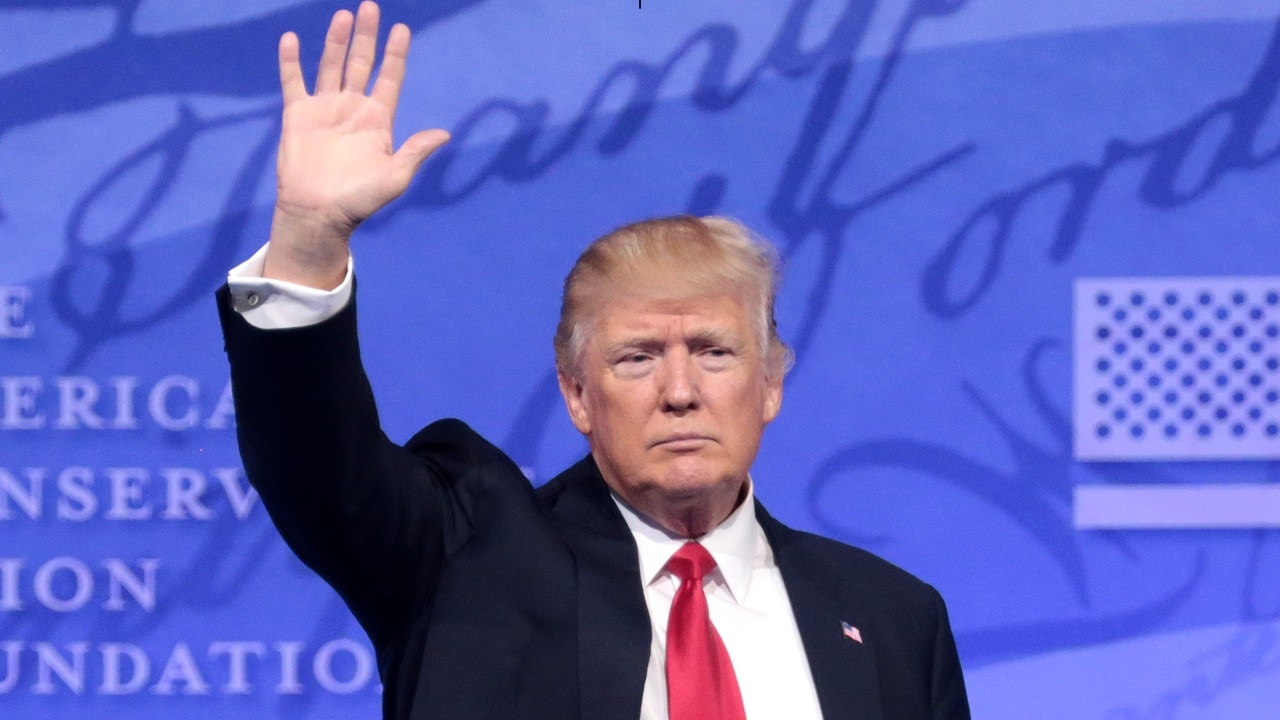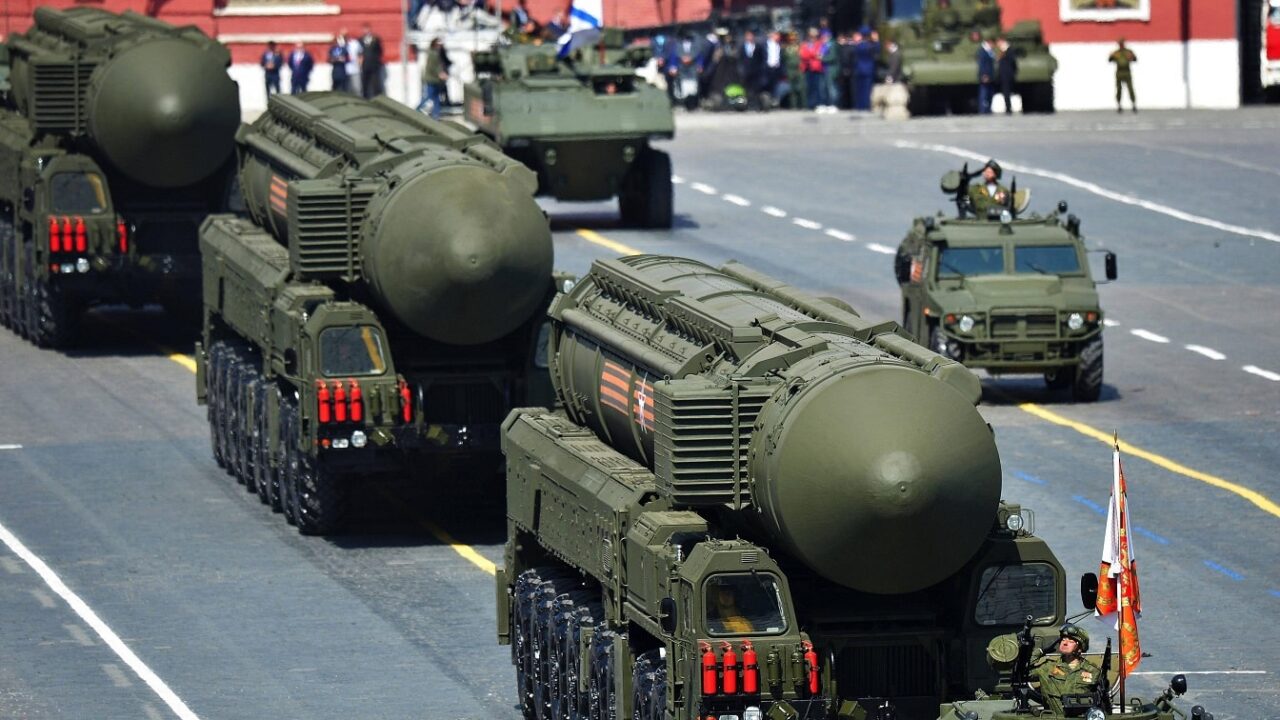Until President-elect Donald Trump created an unexpected spectacle in the news media by suggesting that Washington coerce Denmark to sell Greenland to the United States and compel Panama to return control of the canal to Washington, most speculation about the new administration’s foreign policy centered around Trump’s likely stance on the Ukraine war. On one occasion, Trump himself boasted that he could bring an end to the bloody fighting between Ukraine and Russia within 24 hours.
Such a claim was a bit much, even by the standards of Donald Trump’s grandiose ego.
Nevertheless, Trump and his advisers probably do want to put the U.S.-NATO proxy war against Russia in the rearview mirror. Such a desire is quite logical. The Ukraine mission has drained financial resources from the United States and its European allies, fostered internal policy and political divisions, and become a factor in the electoral debacles that several Western incumbent governments have experienced.
Fostering a peace accord between Moscow and Kyiv would benefit U.S. foreign policy as well as end a tragic bloodletting in Ukraine. Joe Biden’s administration, as well as its supporters in Congress and the establishment news media, have contributed greatly to the tragedy. Ukraine’s Western admirers continue to encourage the delusions of the Kyiv regime that it can eventually prevail and drive all Russian forces out of the country. The Trump administration needs to dispel that fantasy once and for all.
But helping to end the Ukraine war must be just the first step in a new U.S. policy to repair Washington’s overall economic and geostrategic relationship with Russia. For years, the United States has been drifting into a situation that multiplies adversaries and encourages new layers of collaboration among that growing roster of adversaries. The probable outcome of such a process is potentially disastrous.
Terminating the revived cold war with Russia is a crucial initial step away from that nightmare scenario. An assortment of blundering, needlessly hostile and provocative steps by the United States and its NATO allies were primarily responsible for the current confrontation with Moscow. Moreover, contrary to the largely partisan myth that Trump was Vladimir Putin’s “puppet,” he was as guilty as any of the other White House occupants of antagonizing Moscow during his previous term.
Indeed, in one respect—nuclear arms control—Trump exceeded the damage to relations with Russia inflicted by his contemporaries. During his time in the White House, the United States withdrew from both the Intermediate Range Nuclear Forces Treaty (INF) and the Open Skies Agreement. His actions significantly increased bilateral tensions in the most dangerous arena of all—strategic nuclear weapons. Trump’s actions also paved the way for another worrisome development regarding atomic weapons during the Biden administration—the weakening of the Comprehensive Nuclear Test Ban Treaty.
In September 1996, the United States and other powers signed that agreement, which covered underground tests as well as atmospheric tests that had been barred by a 1963 treaty. Russia ratified the new comprehensive ban on nuclear tests in June 2000. However, a succession of U.S. administrations, including those headed by Trump and Biden, declined to submit the document to the Senate for ratification. Moscow, growing more and more impatient with Washington’s delay, began threatening to rescind its ratification. The Russian government finally carried out that threat in November 2023. Moscow’s action, although understandable, further escalated tensions with Washington.
Addressing the deterioration in the nuclear arms control system is one example of why the Trump administration needs to go beyond helping to end the war between Ukraine and Russia. It is an alarming situation when two countries possessing thousands of nuclear weapons have eliminated most of the diplomatic restraints that had created a significantly safer strategic environment beginning in the 1980s. Since the United States was responsible for the myopic decisions that have so damaged the nuclear arms control system, Washington needs to take the initiative to repair the damage U.S. leaders have inflicted.
Another critical step in fostering a rapprochement with Russia is for Washington to lift the array of economic sanctions it has imposed over the years in retaliation for the Kremlin’s actions against Ukraine. The new administration also should press its European allies to terminate the economic penalties on Moscow that they have leveled individually or through the European Union.
All of these moves would signal to Putin and Russia’s entire political elite that Washington and its allies were abandoning the ill-advised strategy of trying to weaken and humiliate Russia. That approach has not worked well in any case. Expanding NATO eastward to incorporate the remnants of the Soviet Union’s defunct empire has backfired spectacularly. It conveyed the message to Russian leaders that the West would not permit their country to have even a modest security zone, much less a broader sphere of influence.

President of Russia Vladimir Putin Meeting with members of the Government (via videoconference).
In other words, the United States emphasized that Russia would never be treated as a respected great power. The final showdown came regarding Ukraine.
That confrontation has damaged Russia’s economy to some extent, but Moscow has successfully found many new markets (especially energy markets) to replace those that U.S.-led sanctions eliminated. The principal impact of the U.S.-NATO policies has been to re-direct Moscow’s economic and military orientation eastward. The largest beneficiary of that shift has been China. It is hard to imagine how any competent U.S. leader might think that such a change would be in the best interests of the United States.
Instead of belatedly adopting a more conciliatory approach during its final months in office, though, the lame duck Biden administration chose to impose yet a new round of sanctions as well as authorizing Ukraine to use longer-range U.S. missiles to strike targets deep inside Russia.
The Trump administration needs to commence a comprehensive policy change to repair relations with Russia. To do so, Trump must ignore (or scorn) a new round of predictable smears that he is Putin’s puppet. Equally important, he will need to acknowledge responsibility for his missteps during his first term that contributed to the deterioration of America’s crucial bilateral relationship with Russia.

President of the United States, Donald Trump, speaking at the 2017 Conservative Political Action Conference (CPAC) in National Harbor, Maryland. Image Credit: Gage Skidmore.
About the Author: Dr. Ted Galen Carpenter
Dr. Ted Galen Carpenter is a columnist for 19FortyFive and a senior fellow at the Randolph Bourne Institute and the Libertarian Institute. He also served in various senior policy positions during a 37-year career at the Cato Institute. Dr. Carpenter is the author of 13 books and more than 1,300 articles on defense, foreign policy and civil liberties issues. His latest book is Unreliable Watchdog: The News Media and U.S. Foreign Policy (2022).

